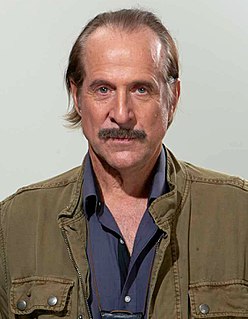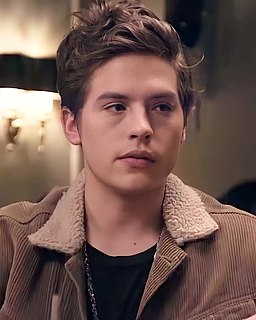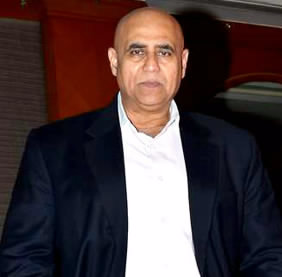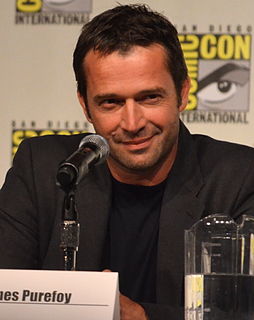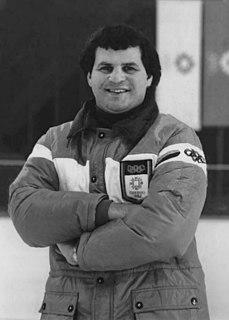A Quote by Drew Goddard
I don't like nihilistic characters. As bad guys they're great, but as heroes they don't work.
Related Quotes
It's important for people of colour to have the opportunities to play characters that are as nuanced - as three-dimensional, as human - as the characters who we traditionally see getting to play the protagonist. The good guys and the bad guys. The reason that is important is because it's a better reflection of the reality of the world we live in.





